Exclusive | Mobile is an important research tool of research for non-metro centres: Viacoms' Kurz
As the world is turning into a global village, it’s not only the economic environment that is influential, but also other important nuances like the kind of food we eat, what we dress, how we speak etc that has and is undergoing a transformation, thus bringing the cultural and social influences on people across geographies. Speaking of people, the lines between the perceptions of the different age groups that the world is divided into have also started blurring. Specifically the ‘more connected’ youth are the most influenced and influential groups off the list. With their physical growth, it is their mental growth that is altering the way to do mundane things like eat, dress and most importantly, consume media. It is their ever-changing attitude towards life that is compelling media content owners to consistently evolve.
Adgully caught up with Christian Kurz, VP, Research and Insights, Viacom International to get more insights on how youth is influencing content creation, how innovative research methodology has been benefitted research and more.
At the recently held MTV Youth Forum 2014, on the launch of MTV’s study ‘The Curious Minds’, Aditya Swamy, EVP and Business Head, MTV India in his opening note mentioned that the age group of 10 – 12 years are now being counted as ‘early youth’. So when it comes to this new age group influencing the content that is created in India and globally, Kurz stated that the 11 and 12 year old, who may not be the targets for MTV, have always been a part of ‘youth / young viewers’. “The way we look at it from a big picture point-of-view is that the generation, what we call as millennials in the age group of 11 to 31 years are a big chunk to cater to. While internationally MTV’s target have been the 12 to 24 year old individuals, but with this new piece of research, what we are trying to do in India is cater to the age of 13 – 25 years. However, that absolutely does have a strong impact on how content is developed. We see that ‘family’ is becoming really important, which means you would show ‘family’ on your shows which also highlights a trend that there is a lot of co-viewing happening, which would affect the younger end of the TG. Aside from that, if you look at the programs, a lot of shows are meant to talk to the younger members of the family. So, I believe that it’s the variety that is very important to talk to all your TG’s. On the India front, MTV has taken keen interest to research and understand the mindset of the said age-group. For instance, in the new MTV Webbed series, where one show will have a story of pre-university student harassment while another episode may talk about a young, out-of-college employee on the wrong side of the game. So, our search of the finer, intricate nuances of the audience we wish to cater to comes in play here”.
Performing a research on this vulnerable group may come as a painful task, as it is an age where the attention span and interest level of young people is different to hold onto. Also, age old traditional methods of research need to be dumped in the backyard; it is an audience that needs ‘new’ every minute. Speaking about the challenges they came across, both India and internationally when a research of this nature has to be done and the consequent development of innovative research methodology, Kurx said, “As a research industry on the whole, I think there are a lot of things that we have to develop, which as a research discipline we are unable to understand. However, one of the important we found is that people are very willing to share their opinions with you and you just need to give them the forum to do that. Harnessing what people already say on social media is something that clearly needs to be bettered and particularly in the market research industry we need to figure that out as to how we get that. Also, we are aware that what we see on social media is the extreme – either people are really happy or really unhappy and there are a lot in the middle of these emotions as well, which is exactly where we need to get there. But, having said that, there are a lot of innovative methodologies that we have been using; one of them was – talking to our unknown respondents in pairs who then ended up being a part of group who discussed various things from food to fashion and sports to study. The idea was to get the core of these individuals, but in their natural environment”.
While the world is getting digitised, it is understood that social media platform are the go-to forums for a lot of researchers to understand their TG more closely. But with India getting more ‘mobile’ with enhancing internet accessibility, where does mobile stand in the research process? Responding to this, Kurz opined that it’s the social media platform’s prerogative to make themselves available on as many devices as possible. “That means, if you have a smart phone, you do have Facebook, Twitter, etc. and then that by definition becomes a part of the pool of the data that is analysed. Mobile as a research tool is an important part of research, particularly if one has to go away from metropolitan centres”, he added.
As the disposable income of Indians going on the higher side of the scale, economy as a factor is bound to influence people’s minds, attitude, media consumption etc. Sharing his thoughts on the same, Kurz mentioned that similar to India, Mexico, South Africa and Brazil have had the times of the ‘middle class explosion’. “These individuals have access to newspapers, television, internet etc. and that in itself spells the ‘wow’ factors thus giving birth to a whole new audience. What we have understood from our research is that, we are a content company who would make content that our people would like; it doesn’t necessarily matter where you come from because if its good content you would like it! I think what is expanding is the distribution network, where now, more people have access to pay TV, smart-phones, internet etc thus becoming the influencers in the business”, he added.
Such researches, we understand speak to youth across the divisions of urban and non-urban. Speaking about the opportunities they see in markets like India, specifically the non-urban geographies playing a role in creating or influencing content on the Viacom network, Kurz said, “Social media and the internet on smart-phones have offered lot of opportunities to the audiences to back-talk to brands and services without any fear of intimidation. Also, there is lot of scope of creating your own content on these various devices; which I believe is pool of ideas for us to be harnessed as a network”.
Lastly, speaking of the research ‘The Curious Minds’, Kurz mentioned that this is in a lot of ways a trend sturdy and not just facts. “I think the way young people describe themselves is very different from the way others describe them. According to our research, it’s all about being hardworking, curious, creative, open-minded, thoughtful, liberal and happy. Beyond that, it’s about the growing importance of ‘family’, learning, and the sheer fact that more ‘traditional’ values are coming back to the society”, he concluded.
Based in New York, Kurz reports to Viacom International Media Networks (VIMN) and is responsible for providing VIMN’s businesses and operations with strategic consumer-based research, as well as maintaining a consistent and strongly aligned research organization across VIMN. His guidance is used to inform international business decisions across all brands of the VIMN portfolio, such as MTV, Nickelodeon and Comedy Central, on all platforms. He holds more than 10 years of experience in research in the media industry.
He first joined VIMN in January 2011 as Senior Director, Nickelodeon International Research and Insights, where he aligned Nickelodeon’s international reporting processes and launched key insight initiatives, including The Power of Kids’ Influence under the Nickelodeon Kids & Family GPS banner. Prior to joining VIMN, Kurz worked at Discovery Networks as Insights Director, Emerging Markets. Before that, he was Director of Brand Strategy and Marketing Research in EMEA for Disney-ABC Networks Group. He has also held research roles at Warner Bros., Interpublic Group and ITV in the UK.


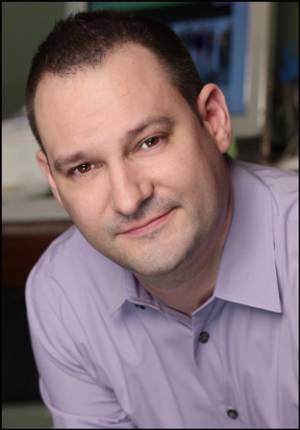


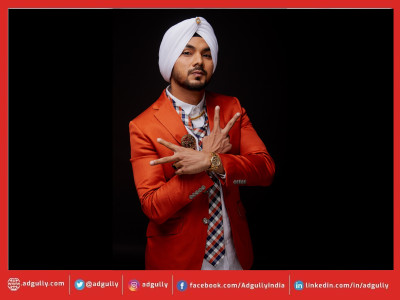

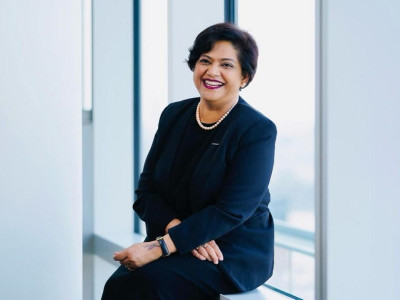
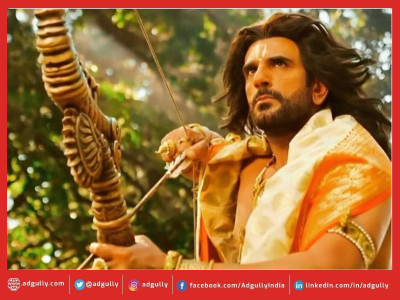




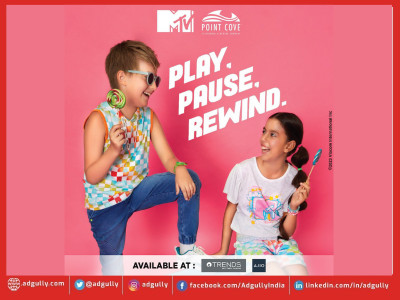



Share
Facebook
YouTube
Tweet
Twitter
LinkedIn